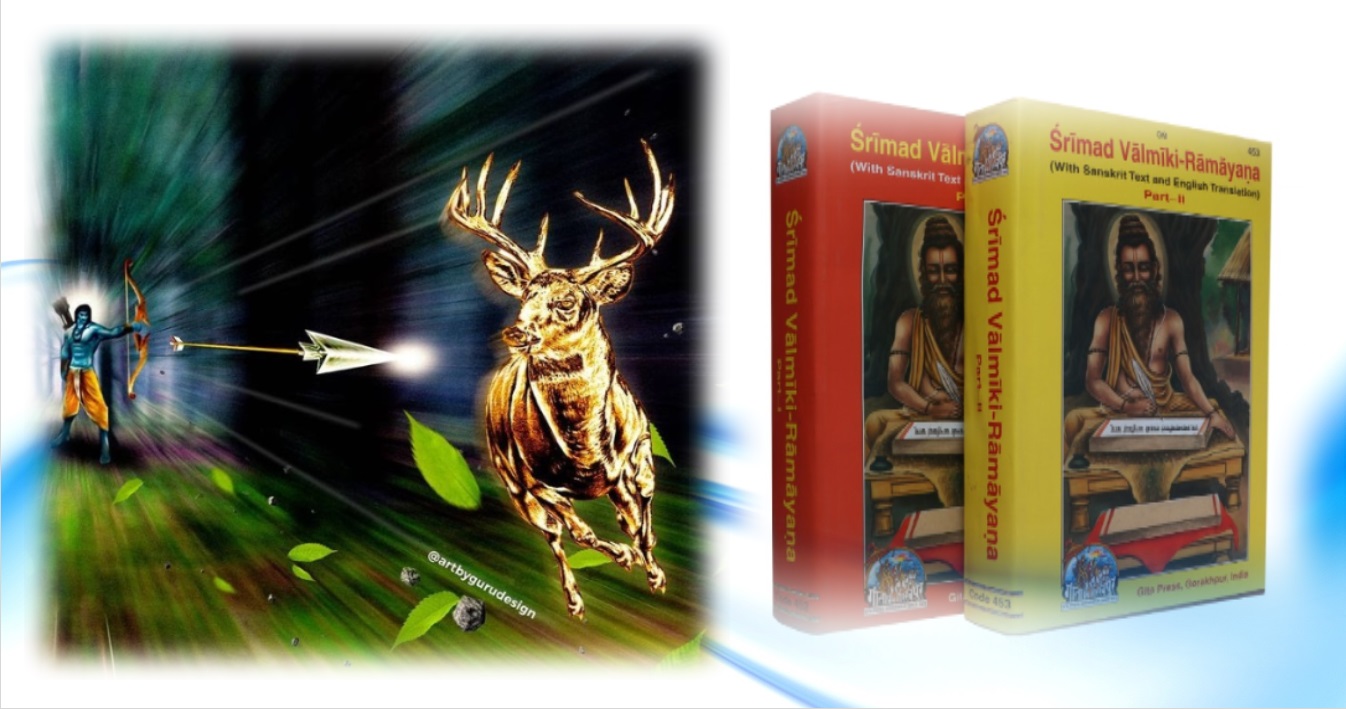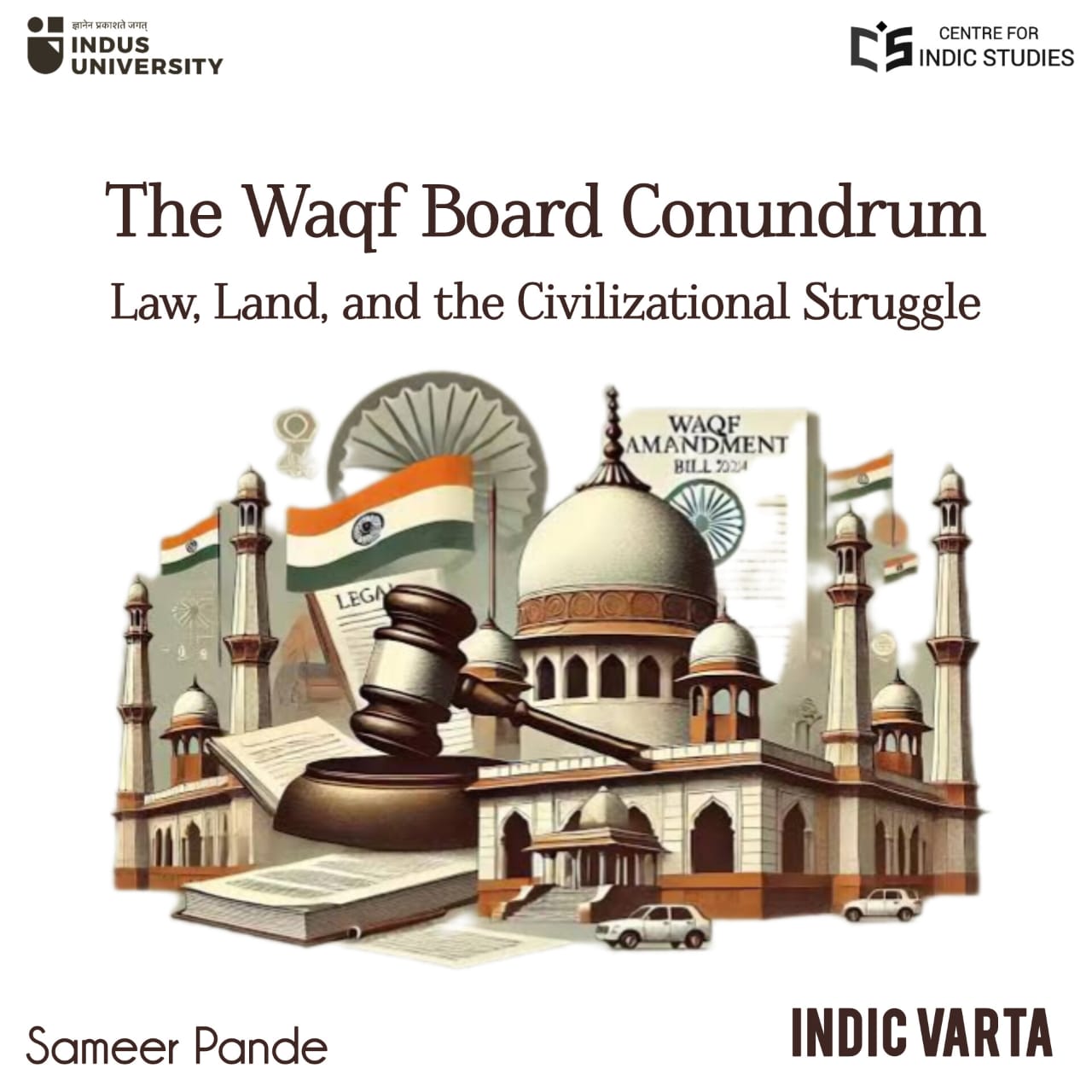- Visitor:21
- Published on:
Sapiens: A Brief History of Humankind
This is a brief book review of the world famous work Sapiens by Yuval Noah Harari. The reviewer Jataayu B’luru throws light on some of the most salient aspects of the book, telling us that the book is different from others in the sense that it does not stop at human history and goes long back into evolutionary and geological history too. He also points out the mis-information of the author regarding India and Indian history.

Sapiens: A Brief History of Humankind (2014) by Yuval Noah Harari is an engrossing and absorbing book. Though the title says history, the author has a multi-disciplinary outlook and multi-dimensional thinking that makes the book quite interesting and valuable. The first two parts of the book, ‘The Cognitive Revolution’ and ‘The Agriculture Revolution’ are largely narratives based on evolutionary biology and anthropology and outline how Homo Sapiens came to rule the world dominating over all the species.
The third part ‘The Unification of Mankind’ is a classical history narrative of the growth of cultures, religions, trace and empires, but the author keeps offering great perspectives and an assessment of these developments. The fourth part ‘The Scientific Revolution’ explains how scientific development, empire building, colonization, capitalism and modern political ideologies are all closely linked to each other and or often interdependent.
I must say that the author analyses all this with remarkable objectivity, avoiding taking sides and recording the positive and negative aspects of everything that takes up. The section titled ‘And They Lived Happily Ever After’ is a gem. It provokes the reader to take a philosophical outlook towards the entire course of history, of both collective and individual and informs about some of the recent research about what constitutes happiness, whether it is mere subjective state of mind or just the biochemical processes or a combination of multiple factors etc. The concluding chapter ponders on the potential scientific developments like full fledged human cloning and cessation of death as we know it, as it is aptly titled ‘The End of Homo Sapiens’.
What differentiates this book from some other popular ones in the same genre? The deep insight and perspectives that if offers at every point. For example The Brief History of Nearly Everything by Bill Bryson gives loads and loads of facts and anecdotes and snippets of science history that are very interesting, but after finishing the book, you just don’t remember anything of it. The “data” was so overwhelming and that’s all the book had. All such books are anthropocentric by default. But “Sapiens” takes a wholesome and overarching view of life including all species anchored in evolutionary biology. While both Homo Sapiens and domesticated farm animals both have survived, and their population increased manifold in the last thousands of years, the fate of both the species have taken an entirely different course, it points out.
“In judging modernity, it is all tempting to take the viewpoint of a twenty-first-century middle-class Westerner. We must not forget the viewpoints of a nineteenth-century Welsh coal-miner, Chinese opium addict or Tasmanian Aborigine… If we accept a mere tenth of what animal-rights activists are claiming, the modern industrial agriculture might well be the greatest crime in history. When evaluating global happiness, it is wrong to count the happiness only of the upper classes, of Europeans, or of men. Perhaps it is also wrong to consider only the happiness of humans” (Sapiens, pp 424).
This is a very refreshing and an important perspective.
As an Indian and Hindu reader, I cannot but notice the places the author’s knowledge gap on things related to my country and my religion, as he makes factual errors, commissions and omissions. He takes Aryan Invasion into India as established historical truth even when it has been thoroughly demolished by Indologists in the recent decades. His equating the Indian caste system to racial apartheid and slavery has no basis. His mention of Hinduism is only in the context of polytheism (Of course he has lot of sympathy for polytheism as a concept that has deeper understanding of truth and reverence for plurality, as he elaborates the closed and bigoted, violent outlook that monotheistic religions brought along). But he makes multiple mentions of Buddhism all through, crediting it for mindfulness, meditation etc. without even mentioning the Vedic roots of these concepts even once. He puts a general theory that all empire building and colonization has aided scientific progress.
But in the case of India, it’s scientific march and civilizational progress itself got shunted and blocked due to Islamic invasion which burnt down Indian’s famed universities and almost killed all its traditional knowledge systems. I can go on and add a few more points. But I notice this general trend of awful ignorance about India and Hinduism among other great Western writers and scientists like Stephen Hawking and Richard Dawkins too in their books. Perhaps they cannot be blamed for this, as the general Western academic discourse itself has this problem. The only corrective course is to keep challenging this and to offer credible and strong Indian narratives anchored in the Indic viewpoint, the kind that the likes of Rajiv Malhotra are spearheading.
Reading of such a book during the COVID19 induced lock down makes you contemplate even more on the core questions that the book impinges upon.
“What defines human happiness, ultimately? The environmental damages that the modern lifestyle and the modern scientific developments are unleashing – are they really worth it? If proliferation of the species alone can be called evolutionary success, how is it that it has played out entirely differently? “What do we want to become? This question, sometimes known as the Human Enhancement question, dwarfs the debates that currently preoccupy politicians, philosophers, scholars and ordinary people” (Sapiens, pp 462).
The author, in his recent interview to BBC [1] points out the fact that the whole world that comprises of different nations ruled by politicians of different hues listens to scientists, doctors and epidemiologists during this pandemic time, considering science as the ultimate authority, even as all religious places like churches and mosques remain shut. Such a thing perhaps has never happened before in history, he emphasizes.
“We are more powerful than ever before but have very little idea what to do with all that power. Worse still, humans seem to be more irresponsible than ever. Self-made gods with only the laws of physics to keep us company, we are accountable to no one. We are consequently wreaking havoc on our fellow animals and on the surrounding ecosystem, seeking little more than our own comfort and amusement, yet never finding satisfaction. Is there anything more dangerous than dissatisfied and irresponsible gods who don’t know what they want”? (Sapiens, pp 466).
Sapiens is a highly thought-provoking book. I would recommend it for all ages, including millennials and teenagers who need to inform themselves mainly about the new and unsolved questions that the book poses, along with the many answers to the past questions that it unravels.
References
- 10 min read
- 0
- 0










